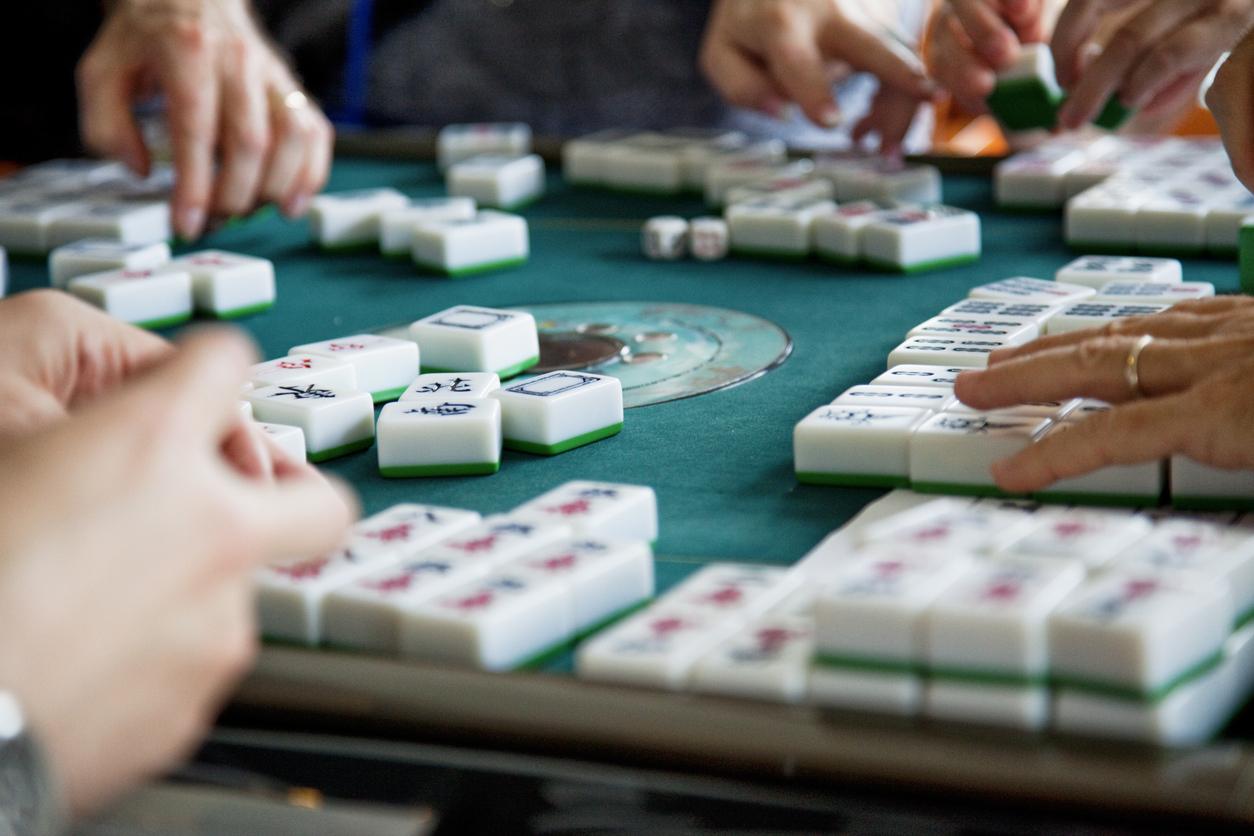The “Sea Hero Quest” game, developed on smartphones, would make it possible to diagnose Alzheimer’s disease very early.

A smartphone game could diagnose Alzheimer’s disease very early, according to a new study published in PNAS. The earlier Alzheimer’s disease is detected, the more the patient can benefit from therapeutic innovation and enter a clinical trial.
“The brain changes associated with diseases like Alzheimer’s begin decades before symptoms like memory loss appear,” says Hilary Evans, chief executive of Alzheimer’s Research United Kingdom. “For future treatments for Alzheimer’s disease to be effective, they need to be given in the early stages of the disease, before there is too much damage to the brain,” she adds.
Find your way through various virtual mazes
The game in question, called “Sea Hero Quest“, does not test memory, because the degradation of this function only appears at a very advanced stage of the disease. The goal is to find your way through various virtual labyrinths.
The researchers compared how different people played the game. They analyzed data from more than 27,000 UK gamers aged 50 to 75 and also recruited a group of 60 people for genetic testing.
Genetic testing revealed that 31 of the participants in the 60-person group carried the APOE4 gene. Carriers of this gene are almost three times more likely than others to develop Alzheimer’s disease, which tends to appear early in life.
The APOE4 gene
People with the APOE4 gene “took less efficient pathways to achieve goals” and “were less successful in spatial navigation tasks”, notes Professor Michael Hornberger, director of the study. “It’s very important, because these are people who don’t have memory problems” when they play, he adds.
Today incurable, Alzheimer’s disease results from a slow degeneration of neurons, beginning in the hippocampus (a cerebral structure essential for memory) then spreading to the rest of the brain. It is characterized by disorders of recent memory, executive functions and orientation in time and space. The patient gradually loses his cognitive faculties and his autonomy. 900,000 people are affected in France, according to theInserm, figures constantly increasing.

.














